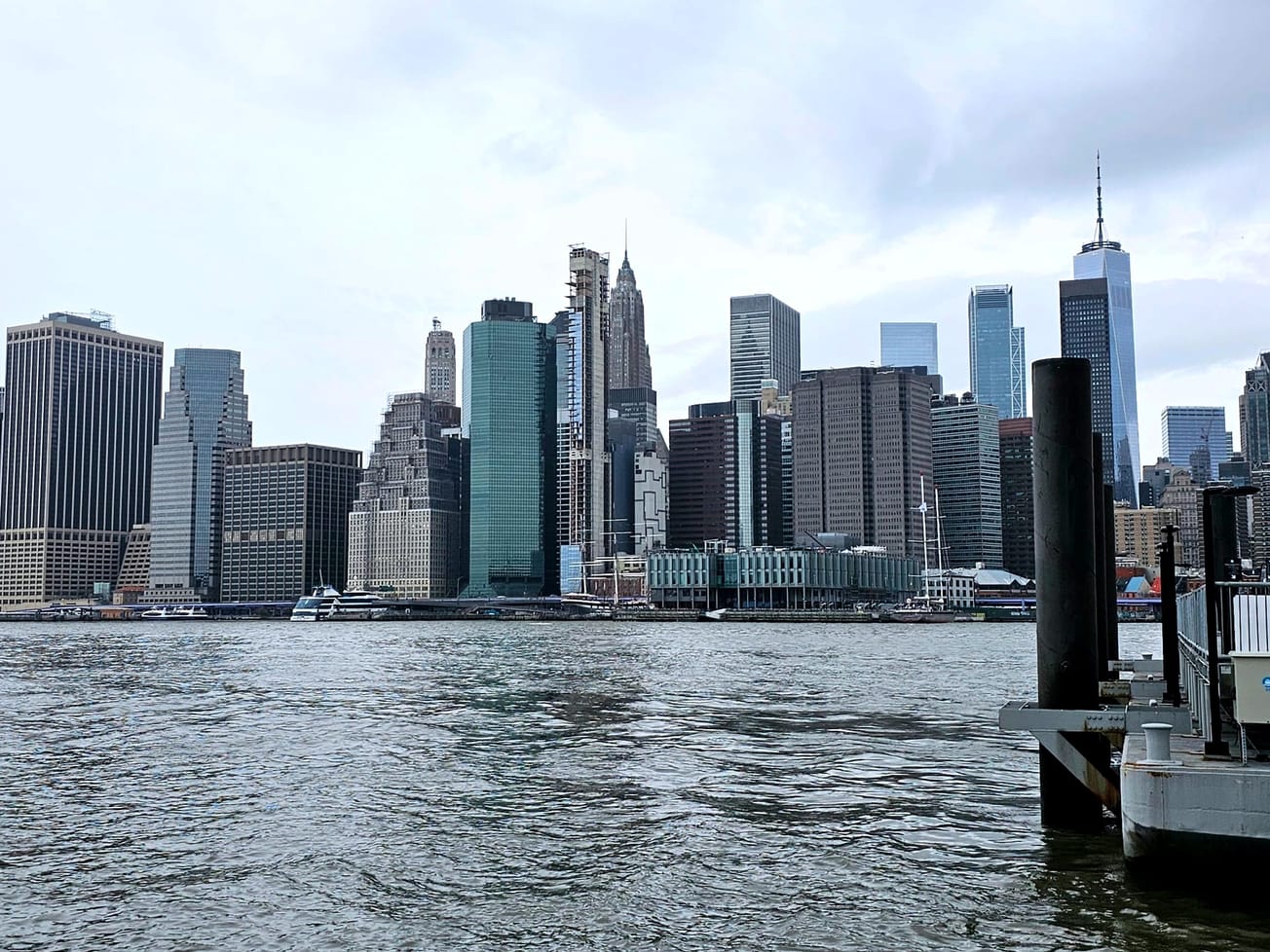More than 1 million bottles of water are sold worldwide every minute, but a shift in consumer spending could help billions of people get clean drinking water and curb plastic pollution, a U.N. University report found.
The U.N.U.'s Institute for Water, Environment and Health said Thursday that less than half the bottled water industry's US$270 billion a year in sales is needed to provide safe water for 2 billion people who lack it.
Less consumption of bottled water also would drastically reduce plastics waste, the report said, since an estimated 85% of the plastic bottles wind up in landfills.
In 2021, the bottled water industry produced 600 billion plastic bottles and containers, or 27.5 million tons of mostly non-recycled waste. That's enough to fill 625,000 40-ton trucks stretching bumper-to-bumper from New York to Bangkok.
Its 42-page report, based on data and analysis from 109 nations, came ahead of the United Nations' World Water Day and Water Conference next week.
Though five countries – the United States, China, Indonesia, Canada and Australia – spend by far the most on bottled water, the biggest per capita consumers in 2021 were Singapore, US$1,348, and Australia, US$386.
In some countries, it's the predominant source of water: in Mexico, 80%, and in the Dominican Republic and Italy, 60%. The fastest-growing market is in Egypt.

'Extreme social injustice'
The report by the Canada-based institute concluded that the expanding bottled water industry – expected to grow to US$500 billion a year in sales by 2030 – does not align strategically with the U.N.'s 17 Sustainable Development Goals for 2030.
The SDGs aim to provide universal access to safe water, sanitation and hygiene, which is "the most basic human need for health and well-being." An estimated US$114 billion a year is needed to achieve that goal.
The report also takes issue with a perception that bottled water is safer than tap water.
"People choose bottled water because it is a safe, reliable, and convenient source of healthy hydration," according to the U.S. based-International Bottled Water Association, reflecting national regulations for packaged food products.
The study, however, said contaminants have been found in hundreds of bottled water brands in more than 40 countries, often exceeding local or global standards.
Since the bottled water industry is mostly unregulated, the report said, uncontrolled groundwater withdrawal for bottling could drain water supplies.
“The rise in bottled water consumption reflects decades of limited progress in and many failures of public water supply systems," said Kaveh Madani, the institute's director.
“This points to a global case of extreme social injustice," he said, "whereby billions of people worldwide do not have access to reliable water services while others enjoy water luxury.”









